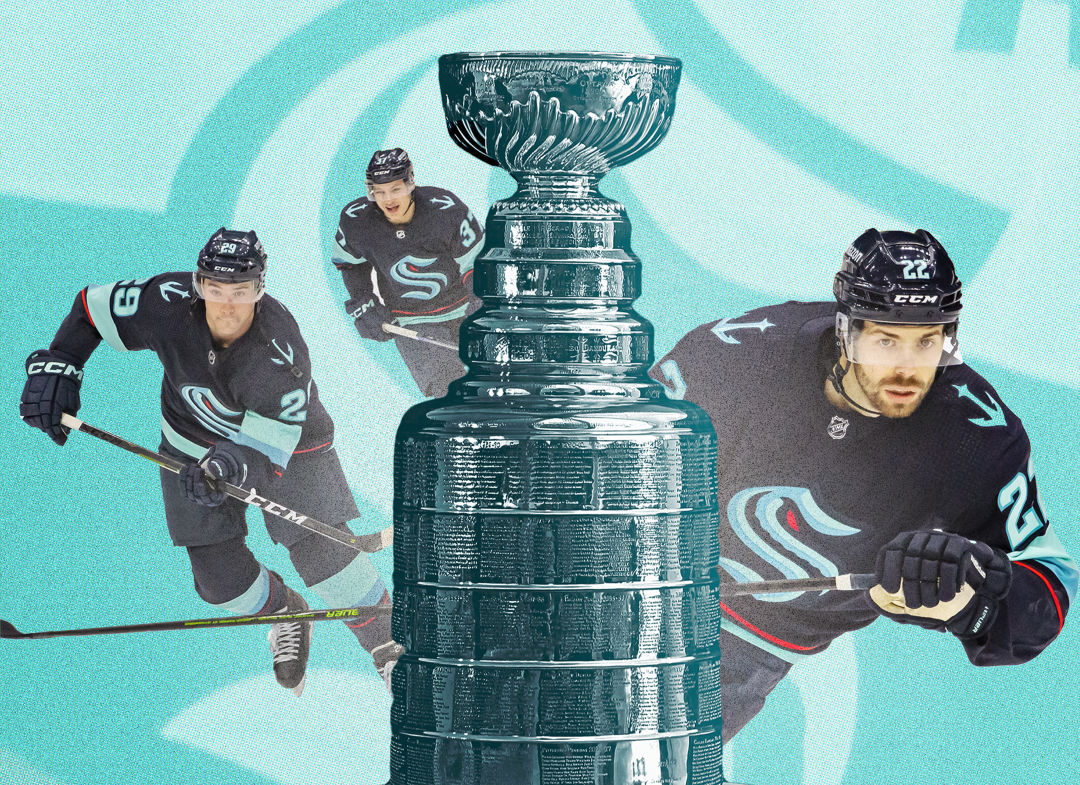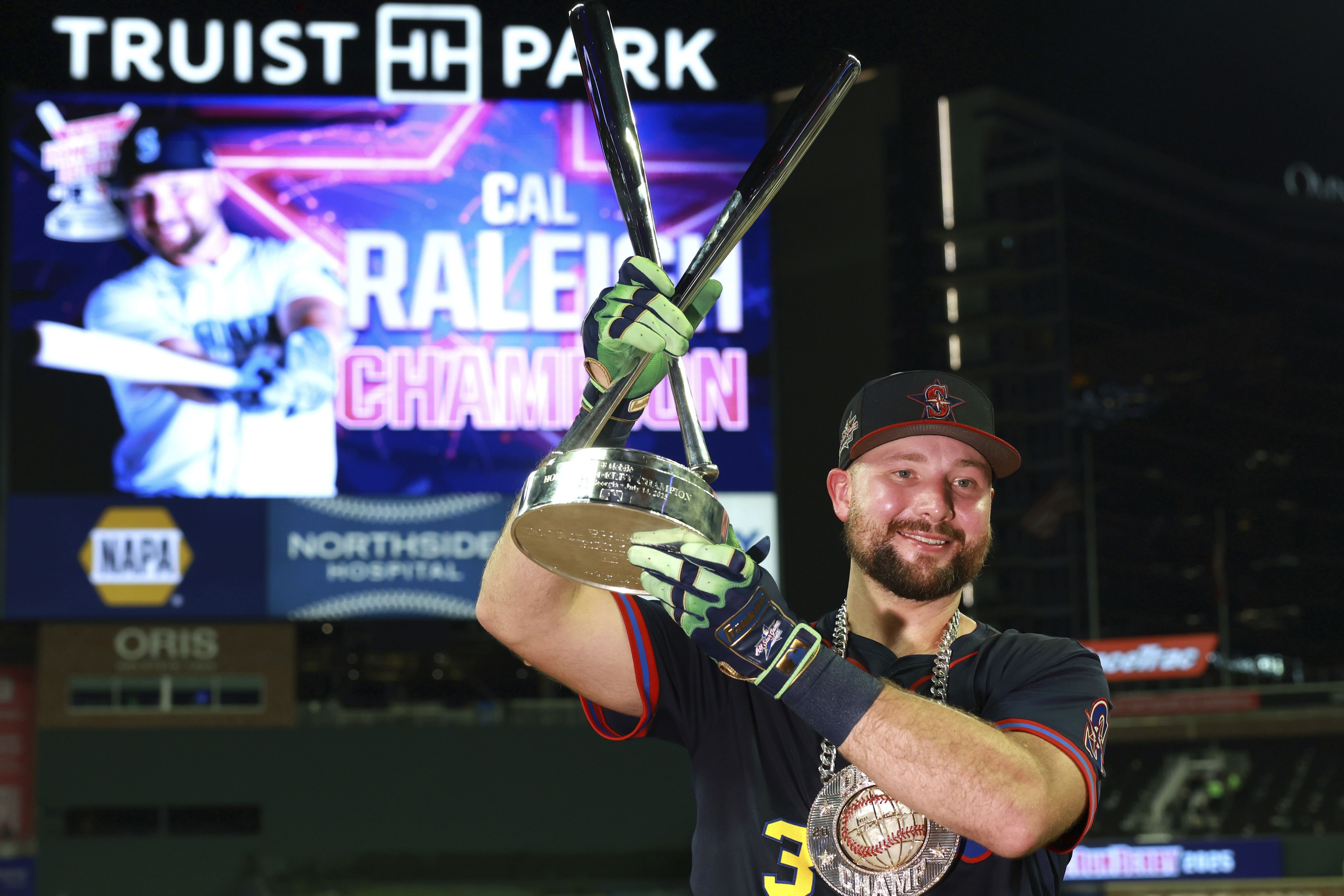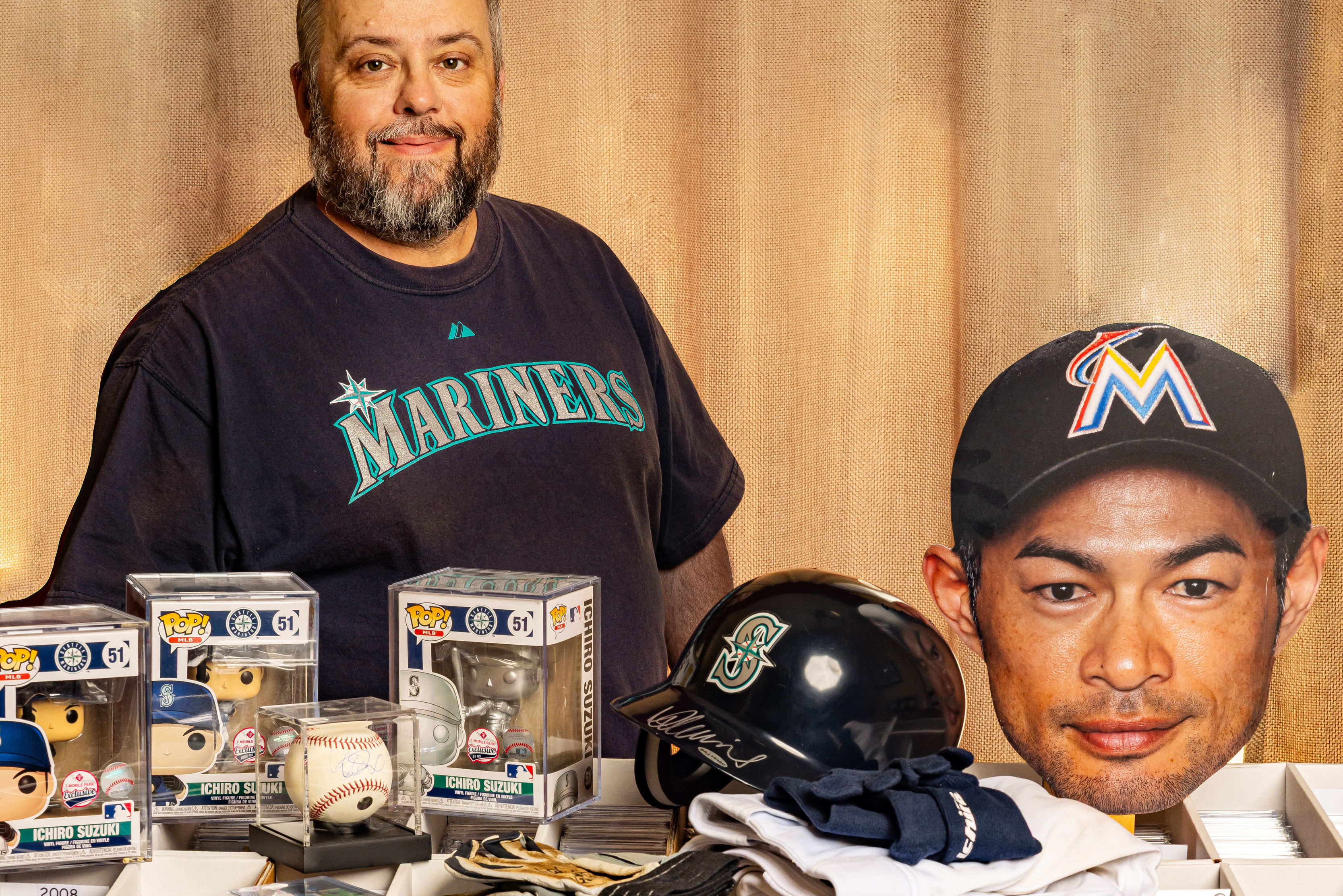The Seattle Kraken Are Not Normal

There’s something inherently funny and inherently corny about an expansion sports franchise. Rosters are assembled from other team’s scraps. Traditions are invented by marketing departments out of thin air. The whole vibe is pure fake it ’til you make it—and this applies both to the team itself and fans making the conscious decision to hand their loyalty, their emotional well-being, and their money to a brand-new entity with no track record.
The most well-established way for a new team and its city to get past the feeling out period and develop the powerful psychic bonds that make sports fandom so painful and rewarding is by losing a lot. And going into this season, it seemed like this would be the path of the Seattle Kraken. Through collective misery, we would all grow closer.
Despite some optimism that the Kraken might be able to manipulate NHL expansion rules and make a run like the Vegas Golden Knights did a few years ago, the team was pretty lousy in its opening season. General manager Ron Francis seemed content to stick with a long-term vision that he believed would result in sustained contention. It was fine. It was boring. It was the normal thing to do.
But then the Kraken got off to a hot start in their second year. Jared McCann turned into Luc Robitaille. The team found an identity in its energetic play. The roster that Francis built turned out to be deep, fast, and unshakeable. NHL analytics experts would tell you they saw this coming. But not even they saw the Kraken calmly knocking off the defending champion Colorado Avalanche in their first ever playoff round. Or jumping out to a 2-1 series lead against the Dallas Stars in their second.
Turns out, the Kraken could skip to the front of the line. Which is especially amazing in the context of other expansion sports franchises in this city’s history.
Seattle Supersonics, 1967 (NBA)
The Sonics were Seattle’s first major league sports franchise. They were awful at the start. It took five years for them to record a winning season, and eight for them to reach the postseason. But they also did win the city’s first title, in 1979.
Seattle Pilots, 1969 (MLB)
The Pilots played one season in Seattle, and finished in last place. They were then moved to Milwaukee to become the Brewers.
Seattle Seahawks, 1976 (NFL)
The Seahawks went 2-12 their first year, 5-9 in their second, and 9-7 in their third. They didn’t make the playoffs until their eighth season, when Chuck Knox took over as coach.
Seattle Mariners, 1977 (MLB)
The Mariners were terrible in their inaugural season, then terrible throughout the 1980s. They didn’t finish with a winning record until their 15th season, or make the playoffs until their 19th. Unfortunately, that is not even the team’s longest postseason drought.
Seattle Storm, 2000 (WNBA)
Maybe losing isn’t always so bad. The Storm were lousy their first couple of seasons, but improved year over year, and managed to use consecutive number one draft picks on Lauren Jackson and Sue Bird. They won their first championship in only their fifth season of existence and have been consistently great since.
Seattle Sounders FC, 2009 (MLS)
The Sounders actually make the Kraken look kind of bad. First, they caved to fan demand and elected to use the team identity that had existed for top-level soccer here for generations, skipping a lot of the awkward getting-to-know-you aspects of sports expansion. Then they hit the field as a great team from the start, making the playoffs and winning the U.S. Open Cup in their first season.
Maybe the Storm and Sounders are evidence that sports fandom doesn’t have to be painful all the time to be gratifying and unite a community. Maybe the same goes for the Kraken. Just don’t tell Mariners fans.




